Water quality is a crucial aspect of our daily lives, impacting not only our hydration but also potentially playing a significant role in our digestive health.
The quality of the water we consume is gaining increased attention due to its potential implications for overall health, with a particular focus on digestive wellness.
Understanding the sources and factors affecting water quality is essential in comprehending its broader impact on the intricate workings of our digestive system. Therefore, in this article we will discuss in detail, “can hard water cause constipation?” and talk about the importance of hydration in preventing constipation.
So, let’s get started!
What Is Hard Water and it’s Characteristics?
Hard water is a common term used to describe water that contains a high concentration of dissolved minerals, primarily calcium and magnesium ions. These minerals are acquired as water percolates through deposits of limestone, chalk, or gypsum in the earth’s crust. As a result, hard water carries distinct characteristics that set it apart from soft water.
One prominent feature of hard water is its elevated mineral content, specifically calcium and magnesium ions
Key Characteristics of Hard Water:
- Mineral Content: The defining feature of hard water is its substantial mineral content, predominantly calcium and magnesium ions. These minerals dissolve in the water as it comes into contact with geological formations rich in these substances.
- Lime scale Formation: When hard water is heated, the minerals it carries tend to precipitate out of the solution and form lime scale deposits. This buildup can accumulate in pipes, appliances, and other surfaces, potentially causing reduced water flow and decreased efficiency in water-based systems.
- Soap Interaction: Hard water has a tendency to react with soap, forming soap scum instead of producing a rich lather. This interaction can affect the effectiveness of cleaning agents and may leave a residue on surfaces, including skin and hair.
- Laundry Challenges: The presence of minerals in hard water can interfere with the cleaning process during laundry. Clothes washed in hard water may appear dull, and the minerals can contribute to the wear and tear of fabrics over time.
How is Water Hardness Measured?

Water hardness is commonly measured in terms of grains per gallon (gpg) or parts per million (ppm) of calcium carbonate equivalents.
This measurement can be achieved through various methods, including:
- Titration: A chemical method involving the gradual addition of a solution that reacts with the hardness ions until a noticeable change in color occurs.
- Test Strips: Portable test strips treated with compounds that undergo a color change based on the hardness of the water.
- Electronic Hardness Meters: Devices that use electrical conductivity to estimate the mineral content of water.
Can Hard Water Cause bowel problems?
Hard water, characterized by its elevated mineral content, primarily calcium and magnesium ions, is a staple in many households. While its impact on appliances and cleaning routines is well-documented, the question arises: Can hard well water cause constipation or other digestive problems?
Let’s talk about this relationship between hard water and digestive health:
Hard Water and its Mineral Content:
As mentioned earlier, hard water is distinguished by its high concentration of dissolved minerals, notably calcium and magnesium ions. These minerals are acquired as water interacts with geological formations rich in these substances. The distinctive properties of hard water extend beyond its impact on appliances and daily chores, potentially influencing our digestive systems.
Can drinking hard water cause constipation?
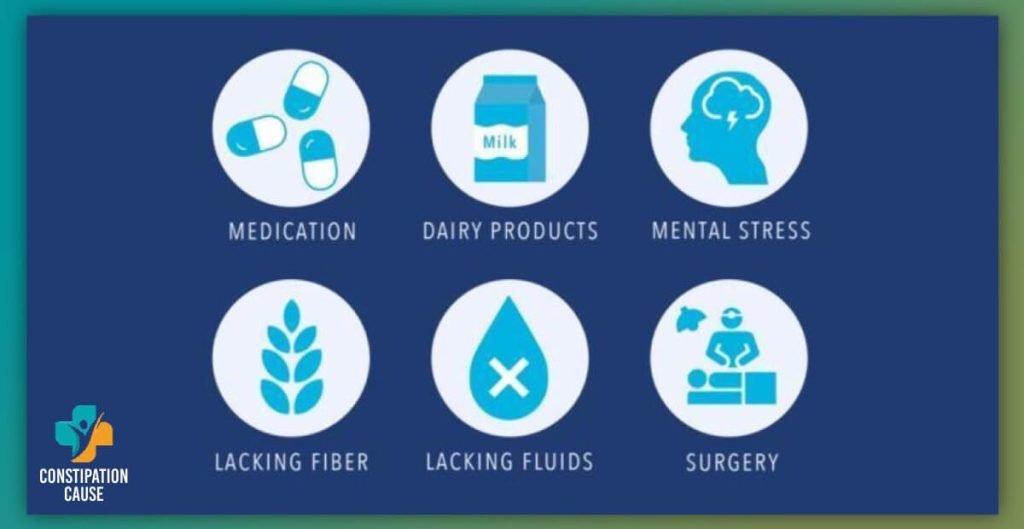
The direct link between drinking hard water and constipation is not firmly established. While hard water’s high mineral content, primarily calcium and magnesium, may influence hydration levels and potentially affect digestion, scientific evidence on its direct role in causing constipation is inconclusive.
Constipation is a complex issue influenced by various factors, including diet, fiber intake, and overall hydration. It’s essential to prioritize water quality and consider hydration from a holistic perspective. If concerns persist, consulting with a healthcare professional or a water quality expert can provide personalized insights and recommendations. Wondering about lifestyle choices? Learn more about the potential link between quitting drinking and constipation for a comprehensive understanding.
Digestive Issues:
- Mineral Absorption: Calcium and magnesium are essential minerals for the body, playing key roles in various physiological functions, including muscle contractions and nerve transmissions. However, an excessive intake of these minerals, especially in areas with very hard water, could potentially interfere with the delicate balance needed for optimal digestion.
- Dehydration Concerns: Some individuals argue that the mineral content in hard water might contribute to dehydration. Excessive minerals could theoretically alter the osmotic balance in the intestines, affecting water absorption and potentially leading to constipation.
Potential Benefits or Drawbacks of Hard Water on Digestion:
- Drawbacks:
- Constipation Concerns: Excessive minerals, if not balanced with adequate hydration, could potentially contribute to digestive issues, including constipation.
- Electrolyte Imbalance: While calcium and magnesium are essential electrolytes, an excess of these minerals in hard water might disrupt the electrolyte balance crucial for proper muscle and bowel function.
- Benefits:
- Mineral Intake: For individuals with diets low in calcium and magnesium, hard water could contribute to meeting their mineral requirements. These minerals are vital for bone health, nerve function, and overall well-being.
Can Soft Water Make You Constipated?
Contrary to hard water, soft water is treated to remove minerals, particularly calcium and magnesium.
- Soft Water and Potential Constipation:
- Lack of Minerals: Soft water lacks the mineral content found in hard water. Some argue that this absence may lead to a deficiency of essential minerals, potentially impacting muscle and bowel function.
- Drinking More Water and Constipation:
- Hydration Importance: Regardless of water hardness, inadequate water intake can contribute to constipation. It’s crucial to maintain a proper balance and stay hydrated for optimal digestive health.
Can Different Water Cause Constipation?
Water quality can vary by region, affecting the mineral composition. Individuals moving between areas with different water hardness levels might notice changes in their digestive patterns.
The importance of hydration in preventing constipation:
Hydration plays a crucial role in preventing constipation and maintaining optimal digestive health. Ample water intake ensures the smooth flow of food through the digestive system, softening stool and facilitating its passage.
When the body is adequately hydrated, the colon absorbs water efficiently, preventing dry and hard stools that contribute to constipation. Moreover, staying hydrated helps maintain the overall health of the gastrointestinal tract, supporting the natural rhythmic contractions that propel waste through the intestines.
For those looking to prevent constipation, making a conscious effort to stay hydrated by consuming an adequate amount of water daily is a simple yet effective step toward digestive well-being.
Alternatives to Hard Water:
- Water Softeners: Install a water softener to reduce mineral content and mitigate the potential impact on appliances, pipes, and potentially, on personal health.
- Filtration Systems: Explore water filtration systems that target specific minerals, providing a tailored approach to improving water quality.
- Bottled Water: Opt for bottled water with a known mineral content, ensuring a consistent and controlled source of hydration.
- Hydration Practices: Regardless of water hardness, prioritize regular hydration practices to support overall well-being and digestive health.
Other Water Quality Concerns:
While concerns about water quality often revolve around issues like hardness, it’s crucial to expand our focus to encompass a broader spectrum of potential challenges.
Let’s discuss some other common water quality concerns;
- Microbial Threats: Explore the presence of bacteria, viruses, and parasites in water sources, discussing their potential impact on gastrointestinal health and the importance of water purification methods.
- Chemical Pollutants: Examine the influence of chemical pollutants, such as heavy metals and industrial residues, on water quality and their potential consequences for digestive well-being.
- Water Treatment Solutions: Provide insights into various water treatment options, including filtration and disinfection methods, to address and mitigate the risks associated with waterborne contaminants.
- Health Risks: Discuss the potential health risks posed by consuming contaminated water, emphasizing the importance of awareness, regular testing, and appropriate water treatment measures to ensure safe drinking water.
Conclusion:
In conclusion, we have answered your question, “can hard water cause constipation?” and explored the relationship between water quality and digestive health. While the direct link between drinking hard water and constipation remains inconclusive, we’ve discussed the potential impact of excessive mineral content on hydration levels and digestive processes. It’s essential to stay vigilant about water quality, considering not only hardness but also the presence of contaminants.
To promote optimal digestive well-being, maintain a balance between hydration and the choice of water sources. Regular hydration, coupled with informed decisions about water quality, ensures a holistic approach to overall health.
Frequently Asked Questions
Can hard water make you constipated?
While the direct link is unclear, hard water’s high mineral content may influence hydration levels, potentially impacting digestion.
What are the common symptoms of constipation?
Common symptoms include infrequent bowel movements, difficulty passing stool, and a sense of incomplete evacuation.
How can I soften hard water at home?
Home solutions include water softeners, using vinegar in laundry, or installing a water conditioner.
Are there health benefits of consuming hard water?
Some argue that the minerals in hard water contribute to calcium and magnesium intake, supporting bone health and overall well-being.
Is it safe to drink well water with high mineral content?
Well water with high mineral content can be safe, but regular testing and, if necessary, water treatment are advisable.
What are some natural ways to relieve constipation?
Natural remedies include staying hydrated, consuming fiber-rich foods, and engaging in regular physical activity.
Can soft water have negative health effects?
Soft water lacks minerals, potentially impacting mineral intake. However, overall health effects may vary among individuals.
Can soft water have negative health effects?
Soft water’s low mineral content might impact mineral intake, potentially influencing certain health aspects. Individual responses may vary.
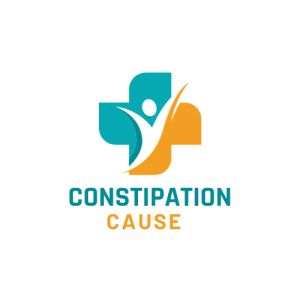


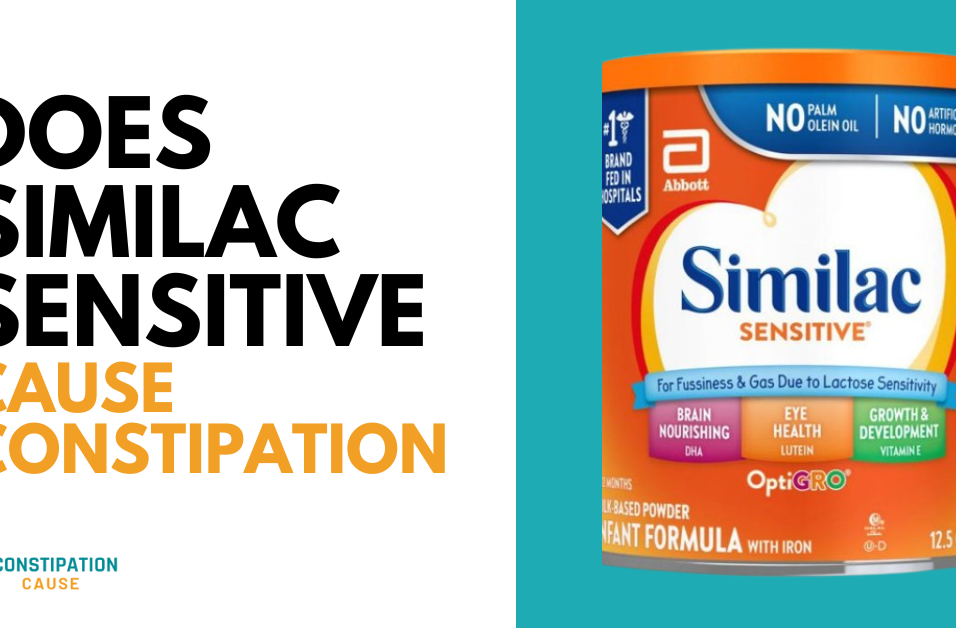
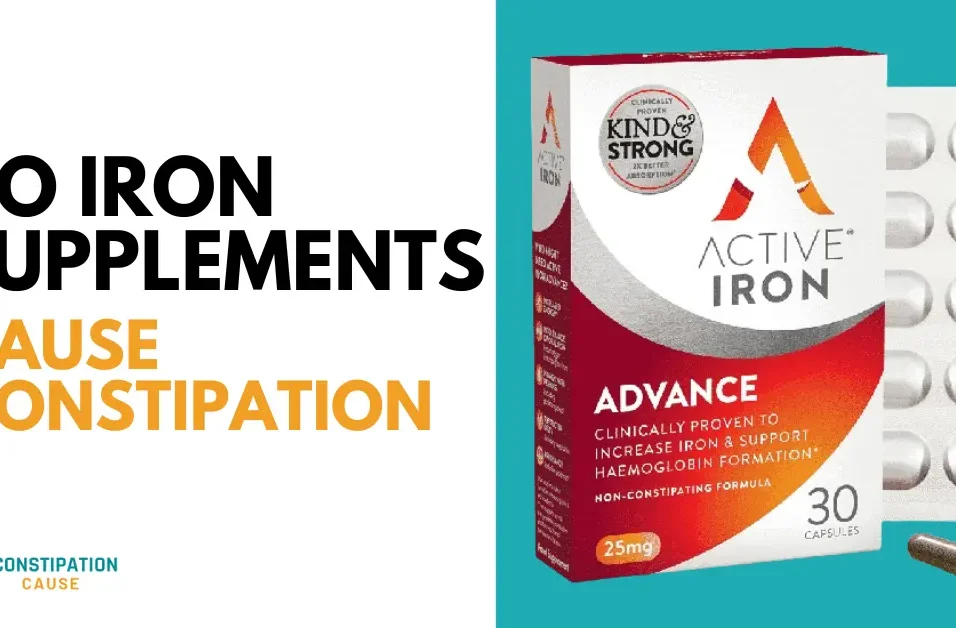



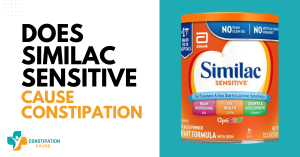
Leave feedback about this